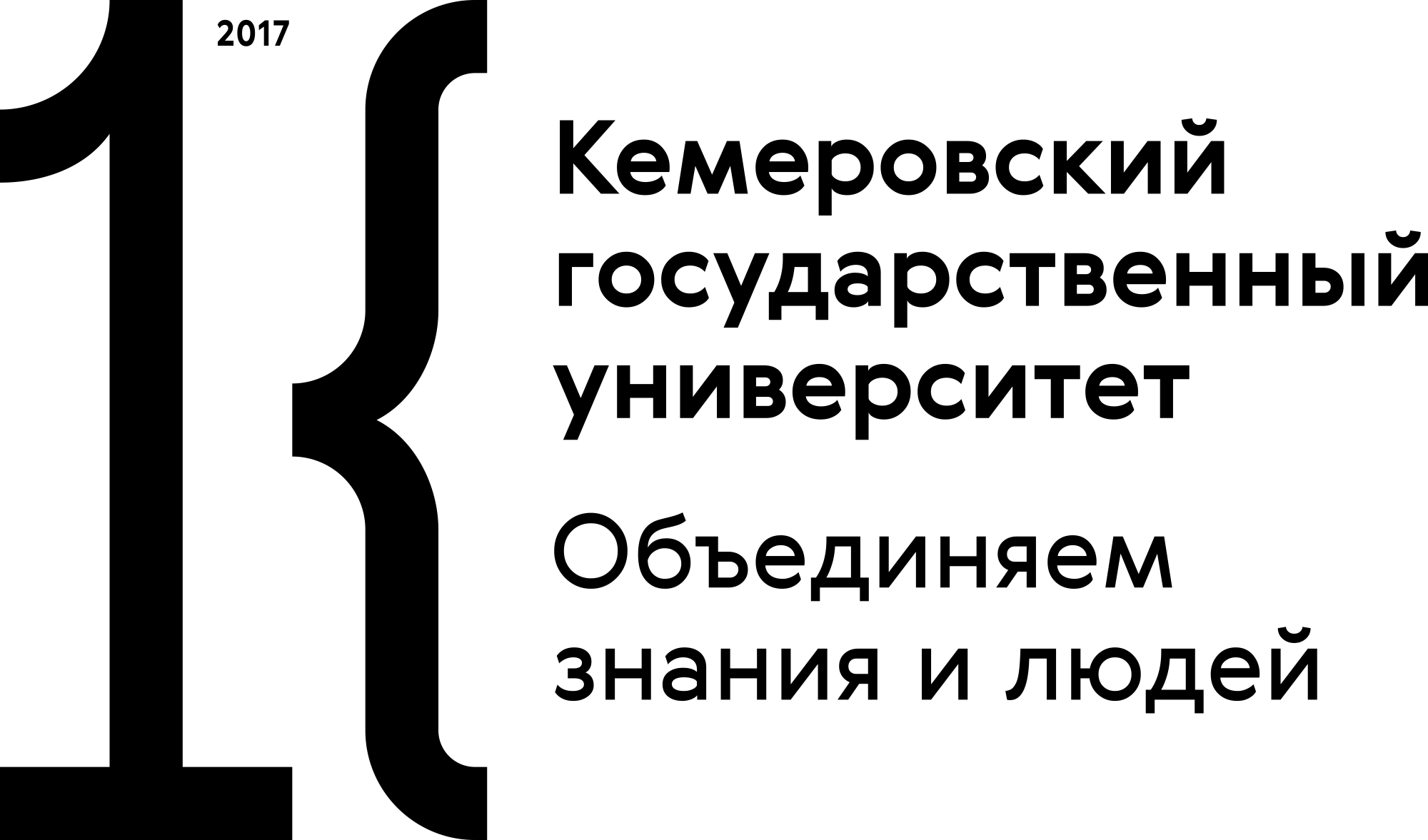Yaroslavl, Russian Federation
Yaroslavl, Russian Federation
The present research featured the concept of conflict. The authors defined and classified urban conflicts, as well as the strategies chosen by their main actors, i.e. state and municipal authorities, business structures, and urban communities. The article introduces three cases of urban conflicts that happened in the Yaroslavl region in 2020–2021 and were triggered by such events as the transport reform, the "We Decide Together!" public vote, and the new master plan for the historical town of Pereslavl-Zalessky. The analysis focused on the main actors, i.e. their interaction, interests, strategies, patterns of action, key methods, and tools. The authors particularly stressed the importance of protests and digital tools. The analysis revealed two main strategies of urban conflicts: administrative-legal and informational-organizational. The dialogue between the conflict parties proved to be the most effective strategy. The article also contains some recommendations, e.g. collective appeals, information campaigns, etc.
urban conflict, Yaroslavl region, conflict actor, protest, conflict resolution, urbanism, urban community, social networks, digital tools
1. Kolba A. I. Development urban conflict ideas in modern social researches. Chelovek. Soobshchestvo. Upravlenie, 2016, 17(3): 132-144. (In Russ.)
2. Tsoi L. N. Urban conflict in urban planning practice: technology of coordination of interests. NovaInfo, 2013, (12): 210-239. (In Russ.)
3. Tsoi L. N. Social innovation: the innovative resolution of conflicts. Vlast, 2018, 26(7): 143-149. (In Russ.) https://doi.org/10.31171/vlast.v26i7.5944
4. Tsoi L. N., Ivanov O. B. Mediation and conflictology: methodological and subject-meaningful differences. Vlast, 2016, 24(10): 69-75. (In Russ.)
5. Kolba A. I. Research of regional and urban political con-flicts: basic concepts and prospects of development of sub-disciplines. Political science (RU), 2020, (3): 52-73. (In Russ.) https://doi.org/10.31249/poln/2020.03.03
6. Ovsiannikova T. Yu. Urban surveying: the conception of transition from object management to the management of the urban environment. Real estate: economics, management, 2014, (3-4): 21-24. (In Russ.)
7. Dukhina T. N. Municipal management of urban agricul-ture sectors as a form of social management. Historical and Social-Educational Idea, 2016, 8(5-1): 100-105. (In Russ.) https://doi.org/10.17748/2075-9908-2016-8-5/1-100-105
8. Samarin A. V., Shadrina A. V. City conflicts: space of deci-sions. Academicheskij vestnik UralNIIproekt RAASN, 2010, (2): 27-32. (In Russ.)
9. Glukhova A. V., Kolba A. I., Sokolov A. V. Political-institutional and communicative aspects of interaction of subjects of urban conflicts (based on expert survey). Che-lovek. Soobshchestvo. Upravlenie, 2017, 18(4): 44-65. (In Russ.)
10. Pluciński P. Forces of altermodernization: urban social movements and the new urban question in contemporary Poland. Voluntas: International Journal of Voluntary and Nonprofit Organizations, 2018, 29(4): 653-669. https://doi.org/10.1007/s11266-018-0007-x
11. Jacobsson K. Introduction: the development of urban movements in Central and Eastern Europe. Urban grass-roots movement in Central and Eastern Europe. 1st ed. Lon-don-N. Y.: Routledge, Taylor & Francis Group, 2016, 1-32. https://doi.org/10.4324/9781315548845
12. Domaradzka A. Urban social movements and the right to the city: an introduction to the special issue on urban mo-bilization. Voluntas: International Journal of Voluntary and Nonprofit Organizations, 2018, 29(4): 607-620. https://doi.org/10.1007/s11266-018-0030-y
13. Bitušíková A. Urban activism in Central and Eastern Eu-rope: a theoretical framework. Slovenský národopis, 2015, 63(4): 326-338.
14. Staeheli L. A. Cities and citizenship. Urban Geography, 2003, 24(2): 97-102. https://doi.org/10.2747/0272-3638.24.2.97
15. Florea I., Gagyi A., Jacobsson K. A field of contention: ev-idence from housing struggles in Bucharest and Budapest. Voluntas: International Journal of Voluntary and Nonprofit Organizations, 2018, 29(4): 712-724. https://doi.org/10.1007/s11266-018-9954-5
16. Beyond NGO-ization. The development of social movements in Central and Eastern Europe, eds. Jacobsson K., Saxon-berg S. 1st ed. London-N. Y.: Routledge, Taylor & Fran-cis Group, 2016, 280. https://doi.org/10.4324/9781315569246
17. Mikhaylova O. V. How are power positions on the state actors in networks are possible, or "Cheshire cat govern-ance strategy". Chelovek. Soobshchestvo. Upravlenie, 2016, 17(4): 6-18. (In Russ.)
18. Gobo G. Glocalization: a critical introduction. European Journal of Cultural and Political Sociology, 2016, 3(2-3): 381-385. https://doi.org/10.1080/23254823.2016.1209886
19. Bennett W. L., Segerberg A. The logic of connective ac-tion. Information, Communication & Society, 2012, 15(5): 739-768. https://doi.org/10.1080/1369118X.2012.670661
20. Volodenkov S. V. Features of the Internet as a contempo-rary space of political communication. Bulletin of Moscow Region State University (e-journal), 2017, (4). (In Russ.) https://doi.org/10.18384/2224-0209-2017-4-841
21. Cho J., Shah D. V., McLeod J. M., McLeod D. M., Scholl R. M., Gotlieb M. R. Campaigns, reflection, and delibera-tion: advancing an O-S-R-O-R model of communication effects. Communication Theory, 2009, 19(1): 66-88. https://doi.org/10.1111/j.1468-2885.2008.01333.x
22. Gerbaudo P. Tweets and the Streets: Social Media and Con-temporary Activism. London-N. Y.: Pluto Press, 2012, 208. https://doi.org/10.2307/j.ctt183pdzs
23. Bennett L., Segerberg A. The Logic of Connective Action: Digital Media and the Personalization of Contentious Poli-tics. Cambridge: Cambridge University Press, 2013, 256. https://doi.org/10.1017
24. Golovin Yu. A., Frolov A. A. Network practices of civic ac-tivity in contemporary Russia. Gosudarstvennoe i munitsipal'noe upravlenie. Uchenye zapiski SKAGS, 2016, (2): 195-198. (In Russ.)
25. Zborovsky G. E., Shuklina E. A., Ambarova P. A., Pevnaya M. V., Kuzminchuk A. A. Behavior strategies management of city communities: problems and opportunities. Ekaterinburg: UrFU, 2014, 200. (In Russ.)
26. Kononov L. A. The role of official documents such as con-cepts, doctrines and strategies in the political governance of the Russian Federation. Law and Modern States, 2017, (2): 55-66. (In Russ.) http://dx.doi.org/10.14420/ru.2017.2.7
27. Zhikhareva N. A., Yakovleva E. P. Strategies and tactics of the conflict dialogue in political talk shows. East Slavic philology. Language Studies, 2018, (6): 36-44. (In Russ.)
28. Gavra D. P., Bykova E. V. Strategies of crisis communica-tion of Russian political actors: truckers' protests (Novem-ber - December 2015). Global science. Development and novelty: Proc. IV Intern. Sci. Conf., Lisbon, 25 Dec 2016. Lisbon: LJournal, 2016, pt. 2, 8-18. (In Russ.) https://doi.org/10.18411/gdsn-25-12-2016-2-02
29. Sokolov A. V., Palatnikov D. E. The nature and conflict strategies of urban communities in a virtualized political space. Vlast, 2019, 27(6): 97-102. (In Russ.) https://doi.org/10.31171/vlast.v27i6.6834

















